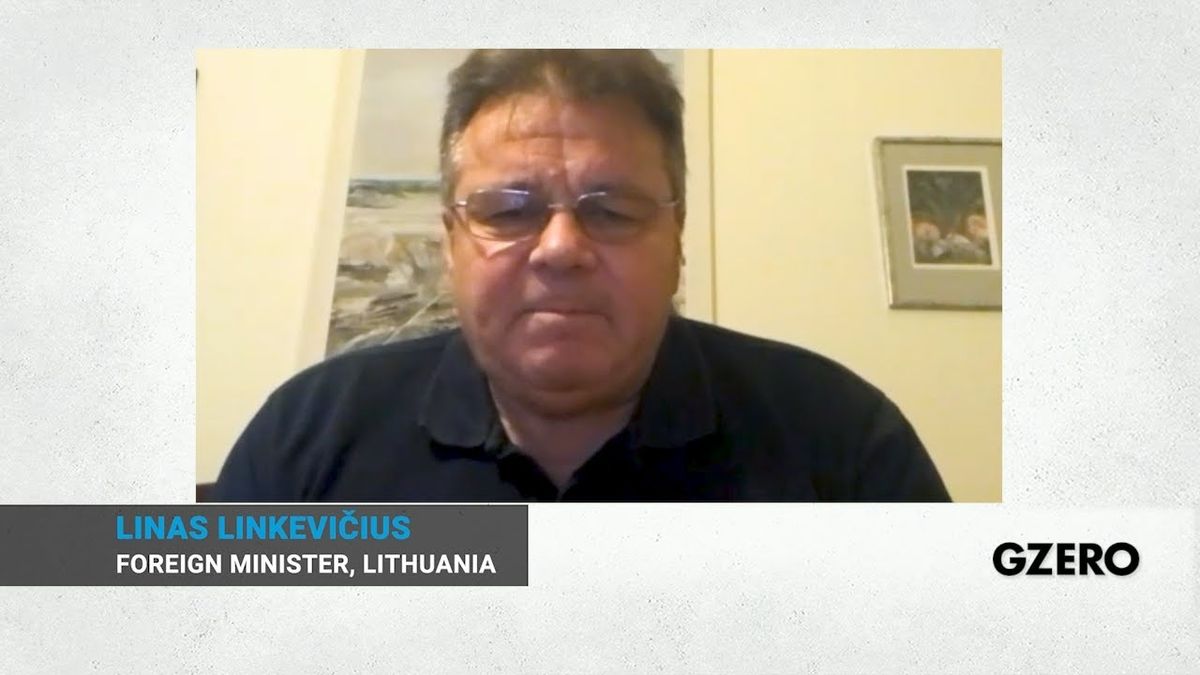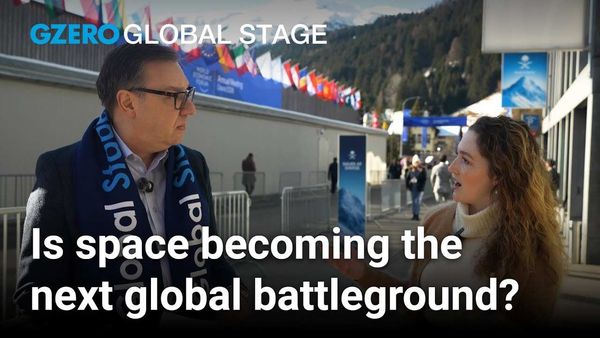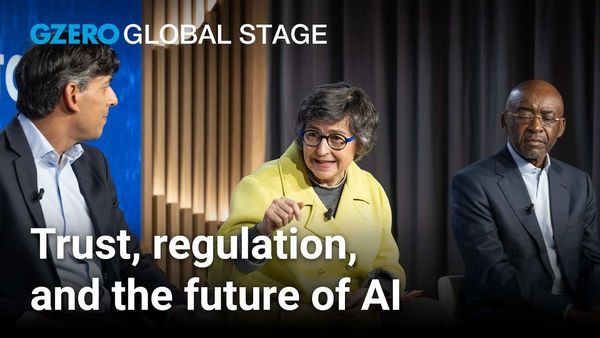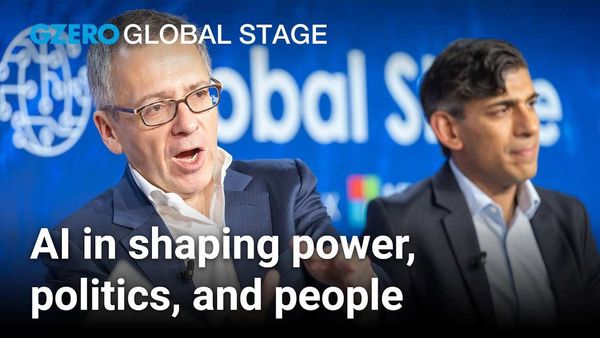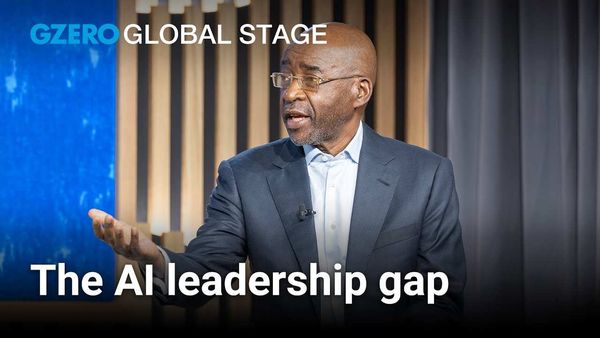Protests and violence continue to escalate in Belarus as pro-democracy demonstrators demand the resignation of President Alexander Lukashenko, whose landslide reelection in August is widely viewed as illegitimate. GZERO Media spoke to Foreign Minister Linas Linkevičius of neighboring Lithuania, a nation that has become a staunch ally of the opposition movement in Belarus and is providing refuge to Lukashenko's main challenger Svetlana Tikhanovskaya.
In a conversation with GZERO's Tony Maciulis, Linkevičius offered support for the protesters, saying, "They're still in the streets, still protesting, although they are really intimidated, beaten, raped, tortured, put into the custody. They're still so courageous and trying to fight for their right to choose, basically, and asking just to have normal elections and to elect their leadership."
Of Tikhanovskaya, Linkevičius explained the reasons why his nation offered the opposition leader a safe haven and what life has been like for her since fleeing Belarus, which he describes as "a difficult situation."
Linkevičius also called on the international community to take the ongoing unrest in Belarus seriously and to become more actively involved. "Sanctions is the least we can do," he said. "We also should support civil society, free media, those victims of repressions, to find funds to support them." Multilateral organizations "should do more," he said, "But, as usual, sometimes we are not capable to react on time and that's a pity."
Later in the conversation, Linkevičius discussed COVID-19 response in his nation and across Europe as the number of new cases continues to climb. The Foreign Minister also offered well wishes to President Trump who is in treatment for COVID-19 infection, and said Trump's diagnosis was a reminder of how serious and global the virus is.
In reflecting on the years of US diplomacy since President Trump took office, Linkevičius said it is "not the best time for multilateralism," climate action or free trade, but he praised the current US administration for "visible and tangible participation in the security of our region."


